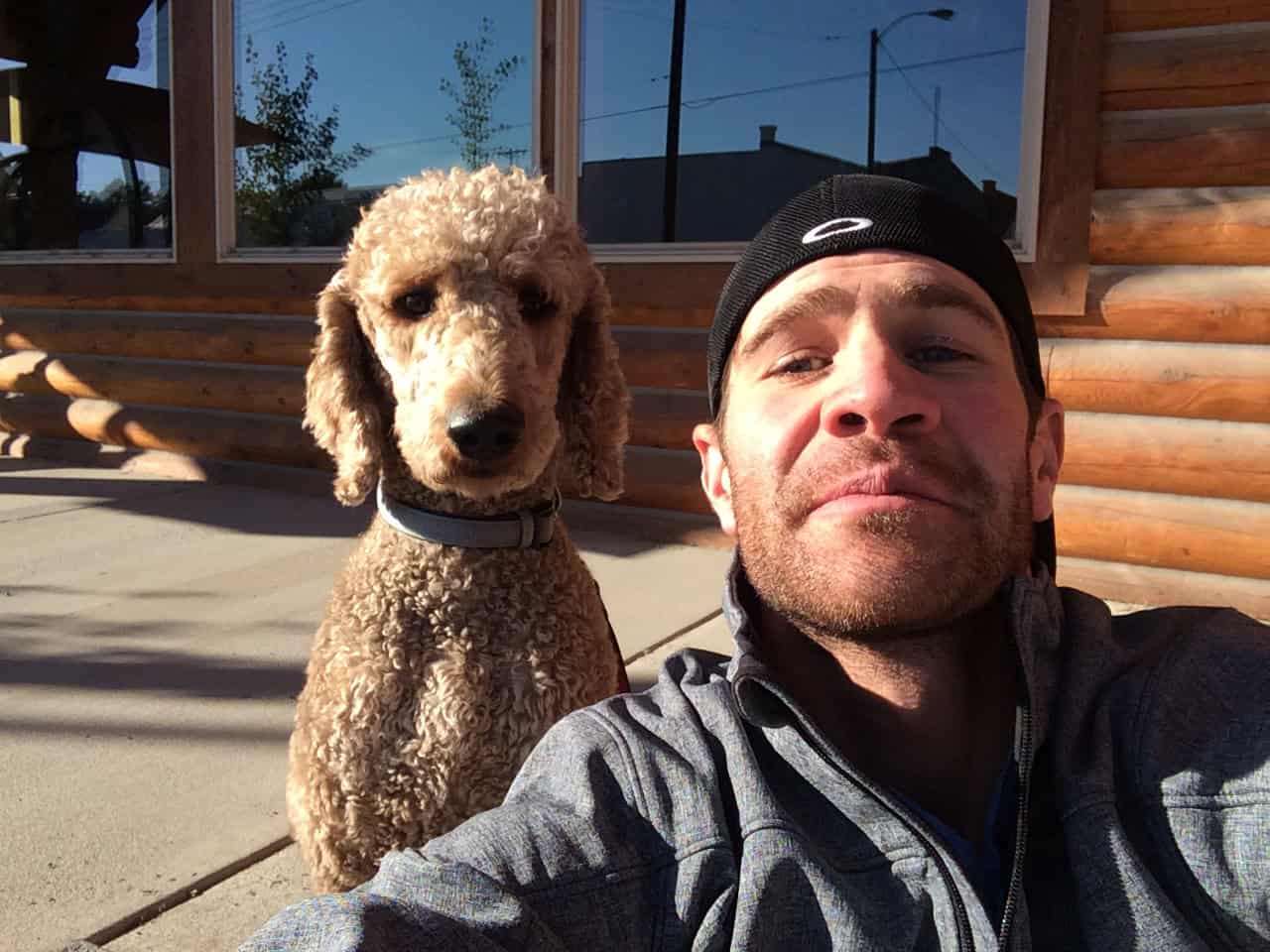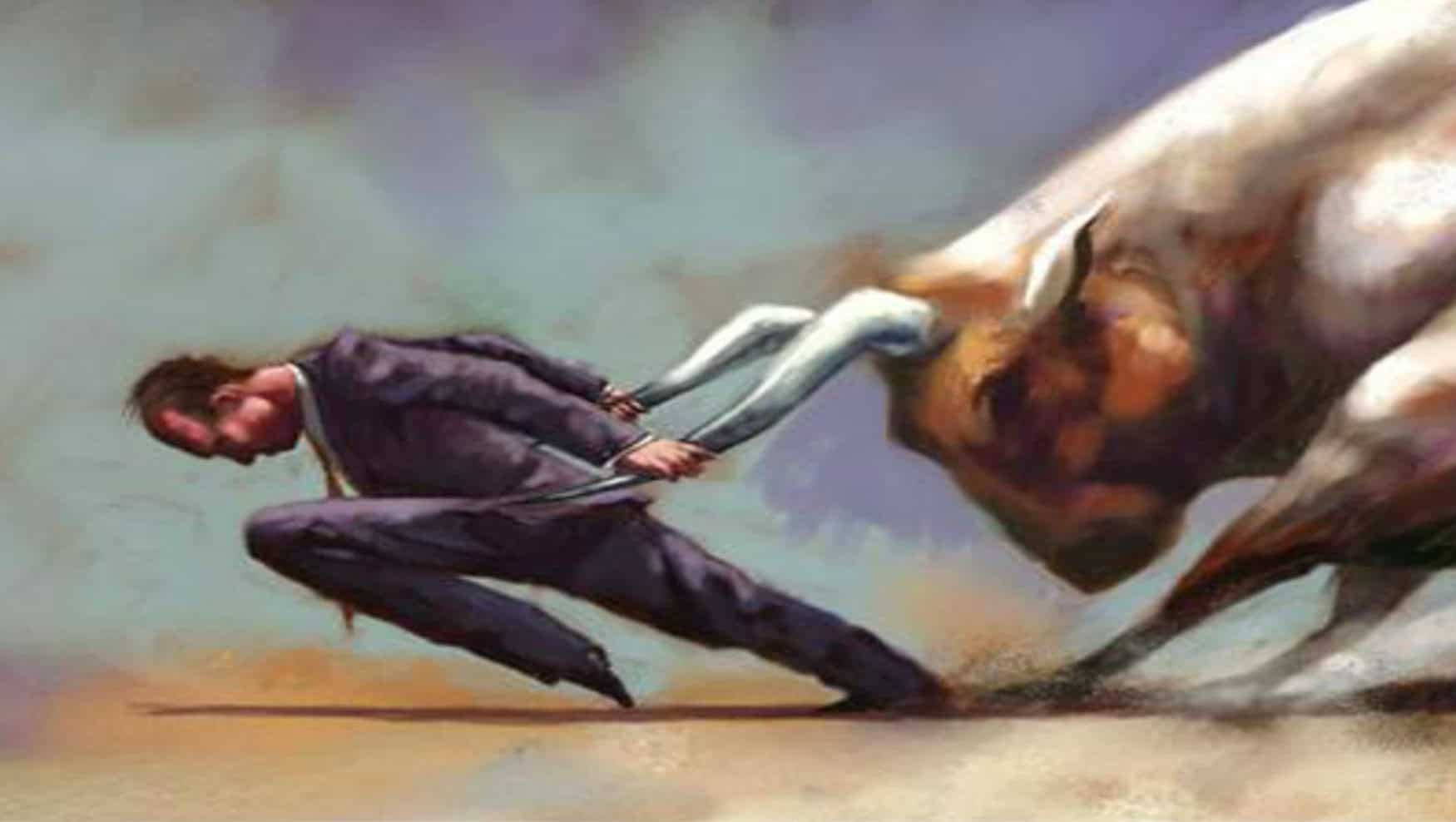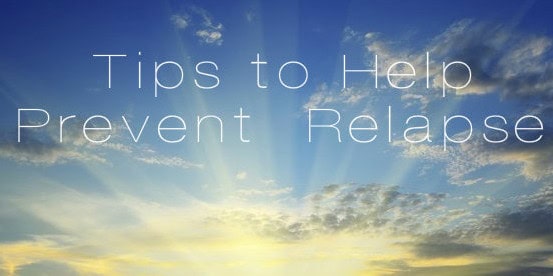
by Paul Churchill | Sep 14, 2015 | Podcast
Podcast: Play in new window | Download
Subscribe to the Recovery Elevator Podcast Apple Podcasts | | More
RE 30
In this episode, Paul shares part one his story. Also in this episode, Jon shares how he reached 103 days of sobriety without AA or a 12 step program. He does however, have his own program in place.
This is how Jon has successfully made it to 103 days sober. His program looks like this:
- Research – Get online and do research. Jon mentions podcasts and blogs such as AA Speaker Tapes, Bubble Hour and Unpickled, Recovery Radio, AA Wellington, Rich Roll.
- Making a decision that it was time to get off the elevator. This decision was made with a lot of list making, discussions with his wife, and soul searching.
- Complete shift in habits from drinking to other areas such as healthy eating, meditation, work, community service and other healthy mindless tasks.
- Constant reinforcement of why he has quit drinking.
Recovery Elevator Podcast episode 30 was brought to you by Sober Nation.

by Paul Churchill | Sep 7, 2015 | Podcast
Podcast: Play in new window | Download
Subscribe to the Recovery Elevator Podcast Apple Podcasts | | More
It’s always somewhat comforting to understand there is a psychological reason that I cannot stop drinking after I take that first drink. To me, it appears normal drinkers can so easily Overcoming Alcohol Addiction, even after 3 drinks, which it to me is completely unfathomable. The information used in this article came from the blog post Biological Reasons why Alcoholics Can’t Stop Drinking by Wendy Perkins.
Email your “you might be an alcoholic if” lines to info@recoveryelevator.com

by Paul Churchill | Sep 3, 2015 | Early Sobriety, Expectations, Helpful Tips
As much as we learn “Let Go” in recovery we must learn to grab a hold of life by the,..well…grab life by the horns I guess. That’s what I’m focused on today – The Right Now-ness of Life. There have been plenty of days where I just la-de-da’d my way through “wearing life as a loose garment” being all, “I don’t have to worry, God’s got my back…, things will all work out.” And believe me, I’m not downing this – those are some very good ways to live a sober life however, there comes a time when you just have to get real, stand up straight and make things happen. Days when you just have to get the hell up, put on the big kid pants and charge at life like it was your last day on earth.
One thing I used to take solace in was saying, “I’m just waiting to see which way God leads me.”
Today, awaking with a breath of fire, I set out with determination. Today I will get things done – like I used to before I turned into a, well, let’s say, a less than highly productive member of society. I love days when I feel like this; motivated, full of energy, not willing to allow anything to get me down or hold me back. There’s so much to do!
Right now, in this moment, I absolutely love what I’m doing. I get to talk to cool people all over the states and the world who are all somehow related to addiction recovery. I get to write, which even though I may not be an award winner (yet), I write from the heart and it seems to make an impact, thus making me feel accomplished and useful. Walking into treatment, people are not typically feeling very good about themselves. There’s a lot of shame, guilt, regret and remorse. It takes a while before one is able to get over those things, but slowly confidence is regained and at least some of those things can be met face on. Facing some of these particular feelings are really hard. Shame is probably the single most powerful thing that holds addicts back from becoming truly well for the long-term.
Just to be clear, shame is something you feel about something you did, while guilt is about something you did to somebody else. Group Therapy can be extremely effective in making progress toward getting over these extremely negative roadblocks to recovery. Instead of ruminating on them, sorting them out, getting to the root, today I am just by-passing them. Deciding that they are of no use on my journey today has catapulted me into action. To me that is freedom.
Seems to me in some treatments and programs that a lot of negatives are focused upon only increasing shame and guilt. While in some cases this may be helpful to recognize the severity of a situation and responsibility for the damaging parts that are ours, I tend to agree that it’s all better to get over it all rather quickly. In this moment I feel like I just can’t have an albatross of regret hanging around my neck with a list of people I need to apologize to. These things will all come in their time. And one things that’s for sure, is that the world doesn’t slow down just because we decide to examine how awful we were in our past days of using. So here’s my point; don’t forget to live – TODAY. Catch your breath, feel better, clean up your act and get on with it. Do good things (you know what they are!) Be the change and make a difference. Today. NOW.

by Paul Churchill | Aug 31, 2015 | Podcast
Podcast: Play in new window | Download
Subscribe to the Recovery Elevator Podcast Apple Podcasts | | More
I Got this idea for this podcast while reading and blog post on Sober Nation Called Preventing Relapse: 5 Simple Ways to Keep Your Recovery on Track and Intact. It’s crazy to think that 90% of people relapse within 4 years after treatment. I personally never went to treatment, so perhaps my percentage rate is even higher, but simply talking about relapse is a method of mitigating the chances of a relapse.
Also in this episode, Hollie shares how she has successfully made it to nearly two years of sobriety.

by Paul Churchill | Aug 24, 2015 | Podcast
Podcast: Play in new window | Download
Subscribe to the Recovery Elevator Podcast Apple Podcasts | | More
In this podcast episode, Paul touches up on an a article written by German Lopex in the Vox called “Imagine if the media covered alcohol like other drugs.”
Lisa explains how she has successfully made it to 18 months of sobriety. Below is the image of her sobriety calendar. This is a great tool that I will be implementing into my life.









